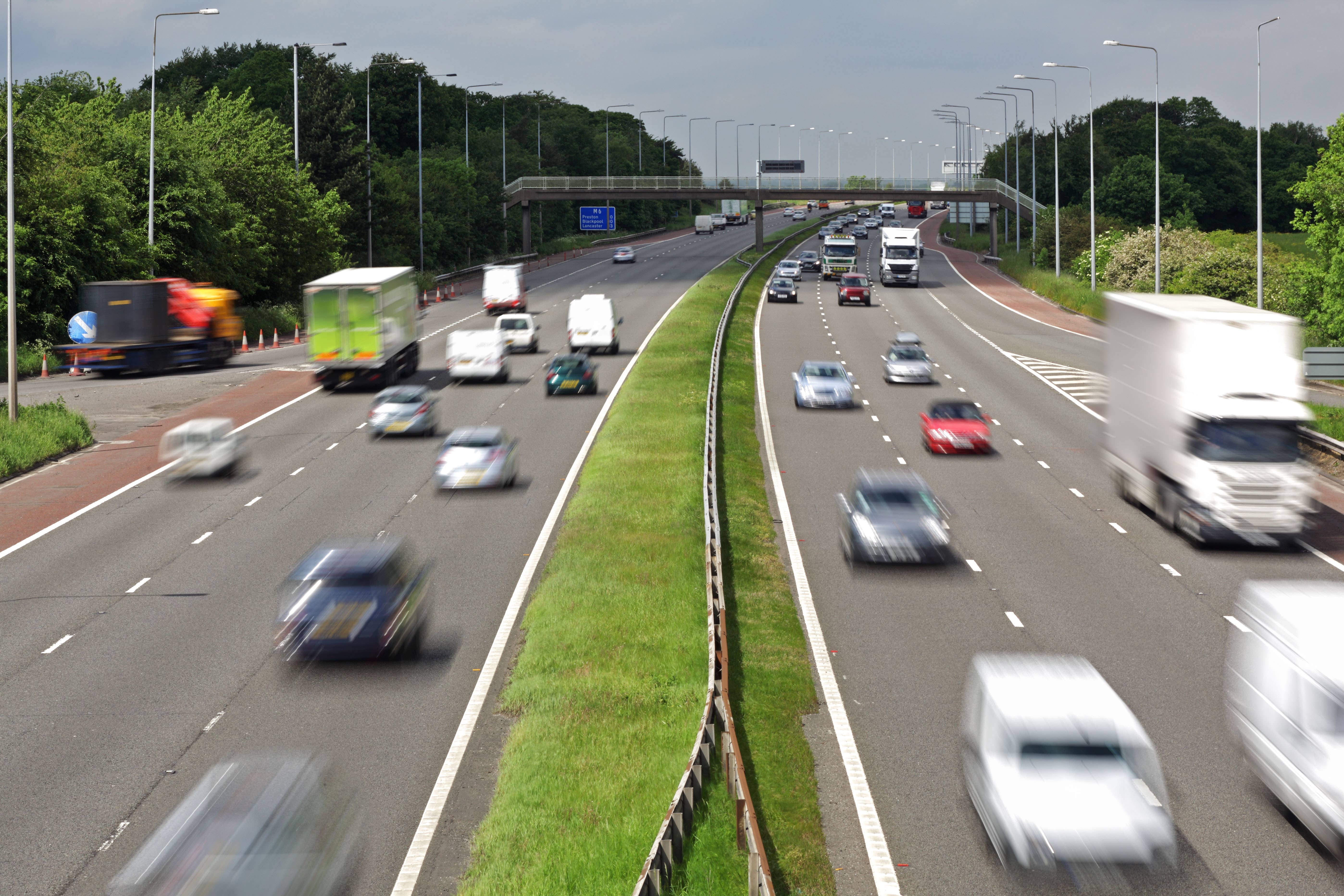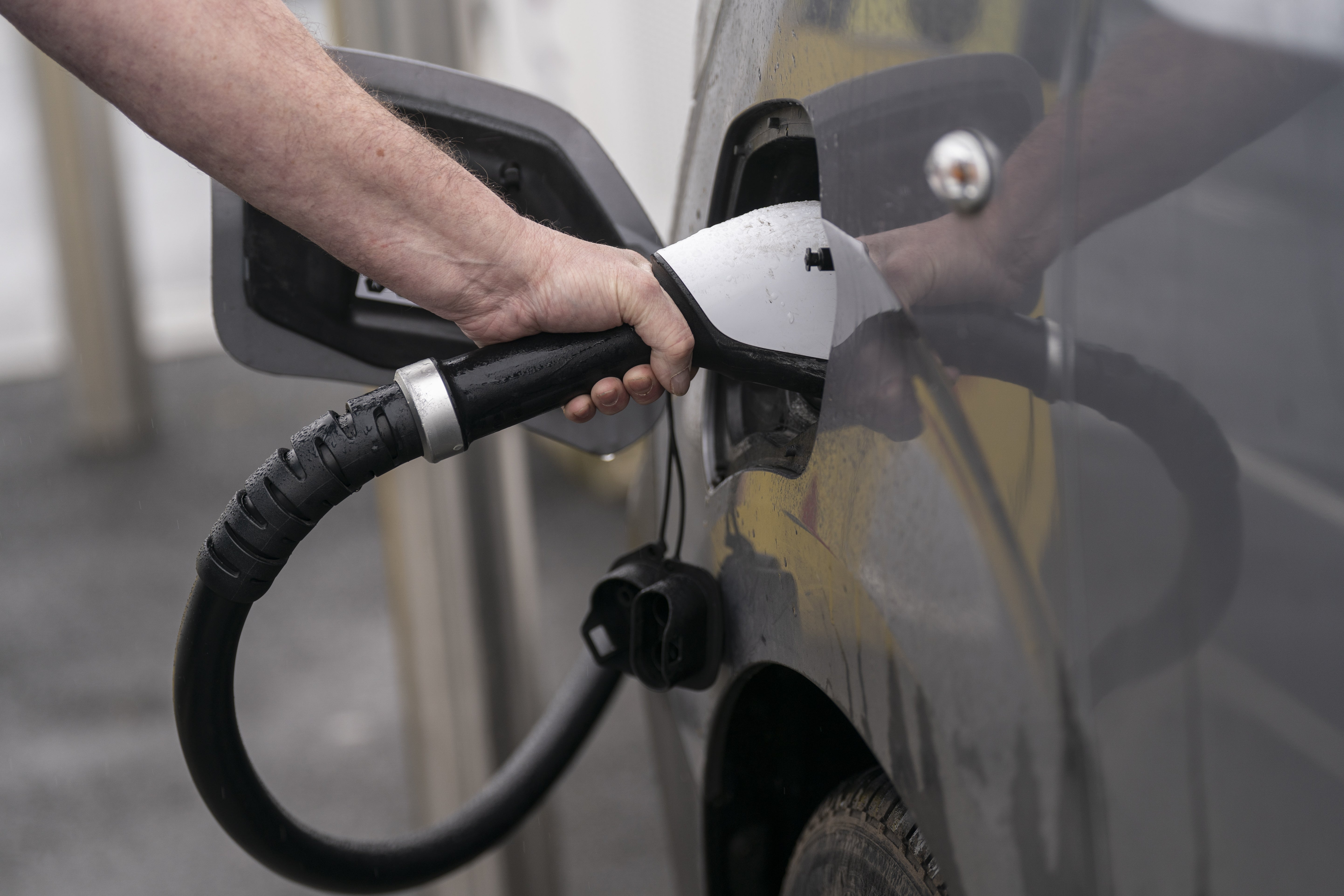New body to combat misinformation on electric cars and present ‘the good and the bad’
Electric Vehicles UK was launched at Octopus Energy’s headquarters in central London

Your support helps us to tell the story
From reproductive rights to climate change to Big Tech, The Independent is on the ground when the story is developing. Whether it's investigating the financials of Elon Musk's pro-Trump PAC or producing our latest documentary, 'The A Word', which shines a light on the American women fighting for reproductive rights, we know how important it is to parse out the facts from the messaging.
At such a critical moment in US history, we need reporters on the ground. Your donation allows us to keep sending journalists to speak to both sides of the story.
The Independent is trusted by Americans across the entire political spectrum. And unlike many other quality news outlets, we choose not to lock Americans out of our reporting and analysis with paywalls. We believe quality journalism should be available to everyone, paid for by those who can afford it.
Your support makes all the difference.A new body has been created to highlight “the good and the bad” aspects of owning an electric vehicle (EV).
Society of Motor Manufacturers and Traders figures show 37,741 new pure electric cars were registered for private buyers in the first seven months of the year. That represented a 9.5% reduction compared with the same period in 2023, despite the overall new car market increasing by 5.5%.
Electric Vehicles UK said there is “a clear disconnect” between some perceptions of electric motoring and the “lived experience”.
The organisation has been formed in a partnership between energy group Octopus Energy and the Fully Charged Show, an EV and renewable energy online news channel.
It was launched at Octopus Energy’s headquarters in central London on Wednesday at an event attended by around 120 senior professionals from across the UK’s EV, renewable energy and green technology sectors.
Actor, comedian and presenter Robert Llewellyn, founder of the Fully Charged Show, told the PA news agency there is a “torrent” of misinformation about EVs, such as them being “expensive”, their batteries being thrown away or the cars being “dirtier than diesels”.

He said: “The oil industry has got countless billions of dollars they’re spending on lobby groups, on misinformation.
“It’s been done before. It’s well documented. They don’t even deny it.”
He added there is “no question” that the switch to electric motoring will grow, as combustion engines are “hugely inefficient”, and new EV technology will “wipe combustion cars off the face of the planet”.
Fully Charged Show chief executive Dan Caesar, who has been appointed interim chief executive of Electric Vehicles UK for its first year, described how misinformation is “a significant problem” that is slowing demand.
He said: “It’s a really polarising issue for some, and it probably shouldn’t be that way.
“Most people if they want to run a combustion engine vehicle can do so well into the 2040s, so rhetoric around the fact they’re going to have to hand over their car keys is not helping.
“What we’re keen to do is bring industry together to be a bit more coordinated in how it talks about the lived experience of EV drivers.
“We want to get information out there that educates the market about EVs, but is still balanced.”
He said the early days of “EV evangelists” are over, and the industry needs to be “really responsible” to “win over the mainstream”.
He added: “By uniting under the Electric Vehicles UK brand we believe we can be much more effective in communicating information and factual evidence of the good and the bad aspects of EV ownership.”
Octopus Electric Vehicles chief executive Fiona Howarth said: “Customers are looking for accurate and fair information about the cars.
“All of the good information certainly isn’t getting through.”
She said perceptions about the cost of EVs are “a big barrier”.
Ms Howarth went on: “As of a few years ago, the cost of EVs were typically £5,000-£10,000 more expensive (than ICE cars), and also then energy prices went up and there was news around the cost of running an EV being more expensive.
“That’s not the case any more.
“Batteries have come down (in price). There’s been this emergence of lots of low-cost EVs.”
A recent survey commissioned by non-profit organisation the Energy and Climate Intelligence Unit (ECIU) suggested most petrol and diesel car drivers have a poor level of knowledge about EVs.
More than half (57%) of 1,000 UK drivers polled by YouGov answered no more than two out of 10 questions about EVs correctly.